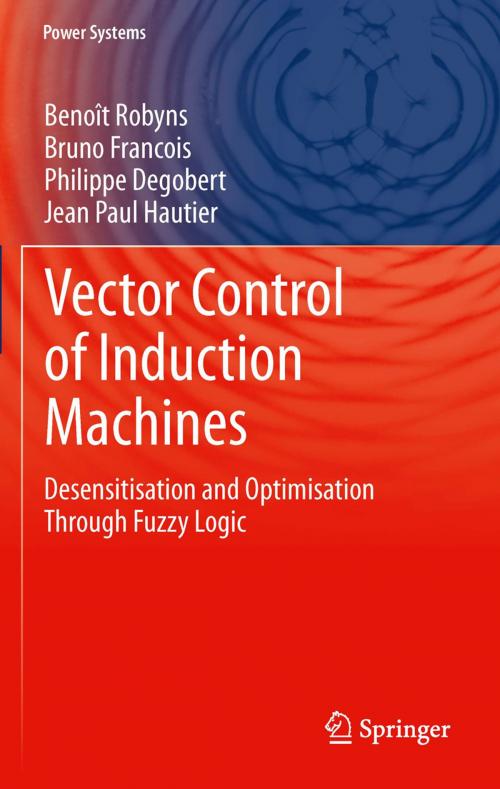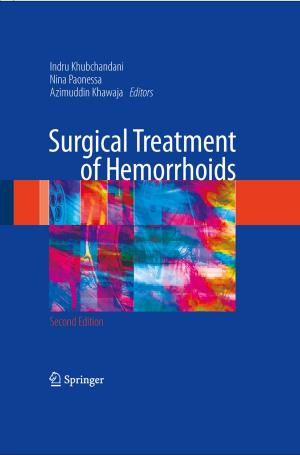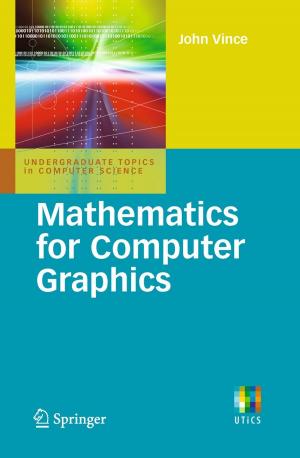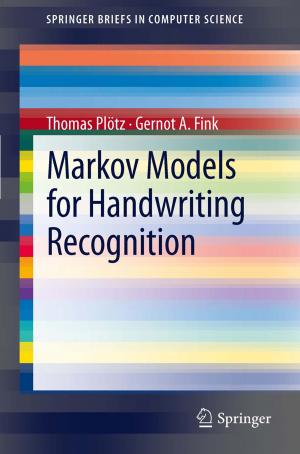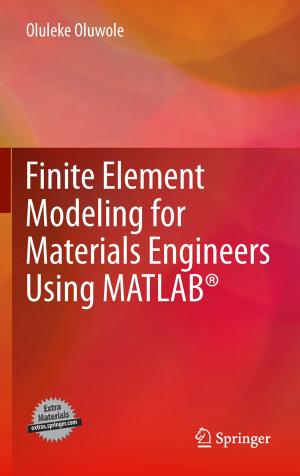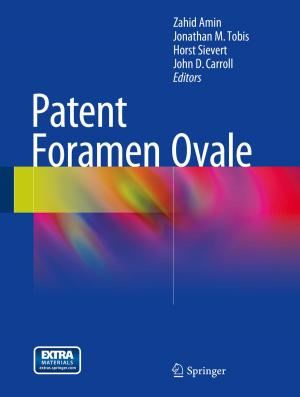Vector Control of Induction Machines
Desensitisation and Optimisation Through Fuzzy Logic
Nonfiction, Science & Nature, Technology, Machinery, Mathematics, Applied| Author: | Benoît Robyns, Bruno Francois, Philippe Degobert, Jean Paul Hautier | ISBN: | 9780857299017 |
| Publisher: | Springer London | Publication: | February 4, 2012 |
| Imprint: | Springer | Language: | English |
| Author: | Benoît Robyns, Bruno Francois, Philippe Degobert, Jean Paul Hautier |
| ISBN: | 9780857299017 |
| Publisher: | Springer London |
| Publication: | February 4, 2012 |
| Imprint: | Springer |
| Language: | English |
After a brief introduction to the main law of physics and fundamental concepts inherent in electromechanical conversion, Vector Control of Induction Machines introduces the standard mathematical models for induction machines – whichever rotor technology is used – as well as several squirrel-cage induction machine vector-control strategies. The use of causal ordering graphs allows systematization of the design stage, as well as standardization of the structure of control devices.
Vector Control of Induction Machines suggests a unique approach aimed at reducing parameter sensitivity for vector controls based on a theoretical analysis of this sensitivity. This analysis naturally leads to the introduction of control strategies that are based on the combination of different controls with different robustness properties, through the use of fuzzy logic supervisors. Numerous applications and experiments confirm the validity of this simple solution, which is both reproducible and applicable to other complex systems.
Vector Control of Induction Machines is written for researchers and postgraduate students in electrical engineering and motor drive design.
After a brief introduction to the main law of physics and fundamental concepts inherent in electromechanical conversion, Vector Control of Induction Machines introduces the standard mathematical models for induction machines – whichever rotor technology is used – as well as several squirrel-cage induction machine vector-control strategies. The use of causal ordering graphs allows systematization of the design stage, as well as standardization of the structure of control devices.
Vector Control of Induction Machines suggests a unique approach aimed at reducing parameter sensitivity for vector controls based on a theoretical analysis of this sensitivity. This analysis naturally leads to the introduction of control strategies that are based on the combination of different controls with different robustness properties, through the use of fuzzy logic supervisors. Numerous applications and experiments confirm the validity of this simple solution, which is both reproducible and applicable to other complex systems.
Vector Control of Induction Machines is written for researchers and postgraduate students in electrical engineering and motor drive design.
